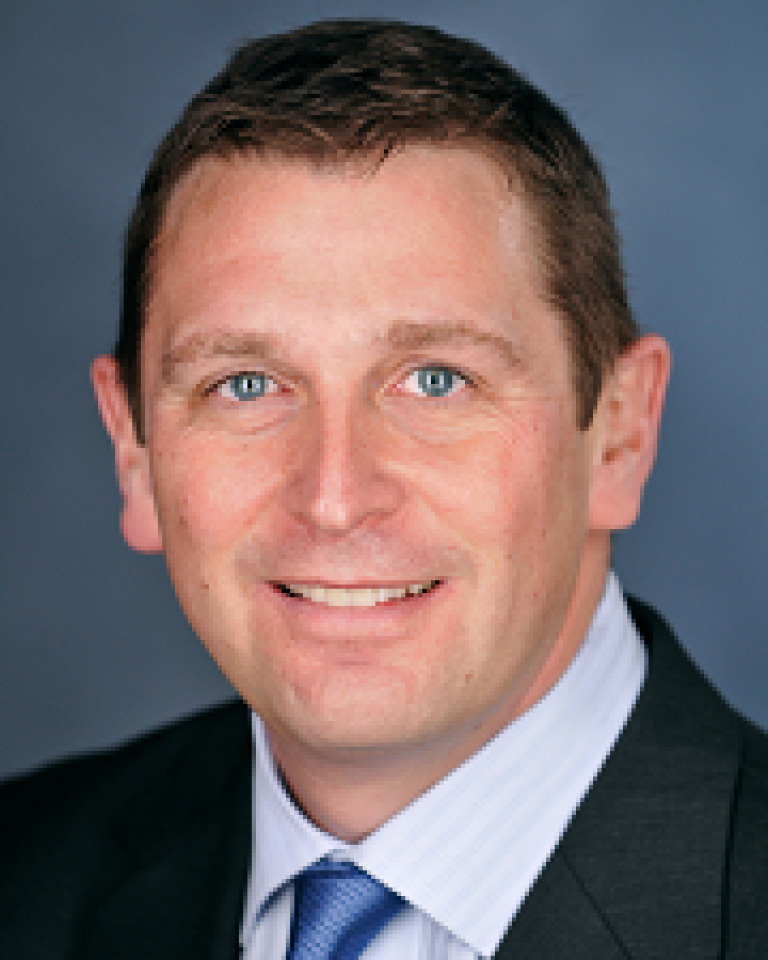Jeff Krise

MENTOR SPOTLIGHT | APRIL 2015
Department: Pharmaceutical Chemistry
Describe your research/creative work in a few sentences that we can all understand: My laboratory is interested in how drugs distribute within our body. Our research has been centered on understanding drug distribution within the highly compartmentalized cells that comprise our body. It is hoped that this research will foster the development of drugs with optimized intracellular distribution, which could help lessen side effects and/or allow for more effective dosing schedules.
Q: How did you first get interested in doing research/creative work?
A: My interest in research can be attributed to the great teachers and mentors that I have had throughout the years. My first exposure to research occurred when I attended pharmacy school at Duquesne University in Pittsburgh, Pennsylvania. When I first started the program, I didn’t fully comprehend the concept that our professors were actively engaged in drug research in addition to lecturing. I found it fascinating when they explained to us what their research was and how it applied to what we were learning in the classroom. I believe it was my junior year that I began doing hands-on research with one of the new professors in the school. I also enrolled in graduate-level courses to fulfill pharmacy school elective requirements. During this time I was able to present my research findings at several national meetings. Collectively, these experiences were foundational to my interest in pharmaceutical research.
Q: What do students in your discipline learn by doing research that they wouldn’t learn by just taking classes?
A: Undergraduate classes, often by design, are taught from the perspective that things are black and white and the focus is on undisputed scientific findings. Research, on the other hand, exposes students to the notion that things are not always that straightforward and the results obtained from experiments can be difficult to interpret and are sometimes controversial. In addition, students involved in research get exposed to some of the costly instrumentation and reagents that are used. This, in my opinion, helps them begin to appreciate some of the high costs associated with drug development.
Q: What do you find to be the most exciting part of doing research/creative work? What makes this line of work meaningful and interesting to you?
A: I really like watching students learn and develop their scientific skillset. When starting out, most students rely heavily on their mentors for guidance and support and it can be somewhat of a one-way conversation. I enjoy watching the students become increasingly independent and see them take ownership for their work. The most exciting time for me is when the student is more knowledgeable than I am in relation to their project. This is typically when a project becomes very productive and exciting.
Q: What advice do you have for undergraduates interested in doing research in your field?
A: First, be prepared to invest some time. In order to gain an accurate view of what research is, or, more importantly, if it suits you, you will need to spend a significant amount of time in the lab. Simply shadowing a senior member of the lab periodically may be a good start but may not give you a true perspective of what research is like. Try to individually take on some manageable aspect of the project that you are working on. Secondly, keep your expectations reasonable. Despite your best efforts, it is unlikely that you will achieve a major breakthrough working as a part-time undergraduate researcher. Learn to appreciate any advancement, regardless of how seemingly minor it is.
Q: For many students, doing research is the first time they have done work that routinely involves setbacks and the need to troubleshoot problems. Can you tell us about a time that your research didn’t go as expected? Have you developed any tricks or habits that help you to stay resilient in the face of obstacles?
A: In my experience, research rarely goes as expected and failures can be frequent, especially when starting out. This was certainly the case with me during my PhD training. I spent the first year or so failing miserably in my attempts to synthesize a desired drug derivative. It helps to realize that we actually learn the most when things are not working. It is the process of troubleshooting and understanding sources of variability in the experiments that provide the solid foundation for doing great research.
Q: How do you spend your time outside of work?
A: I enjoy spending time with my wife and three children. I also enjoy various outside activities, including gardening.